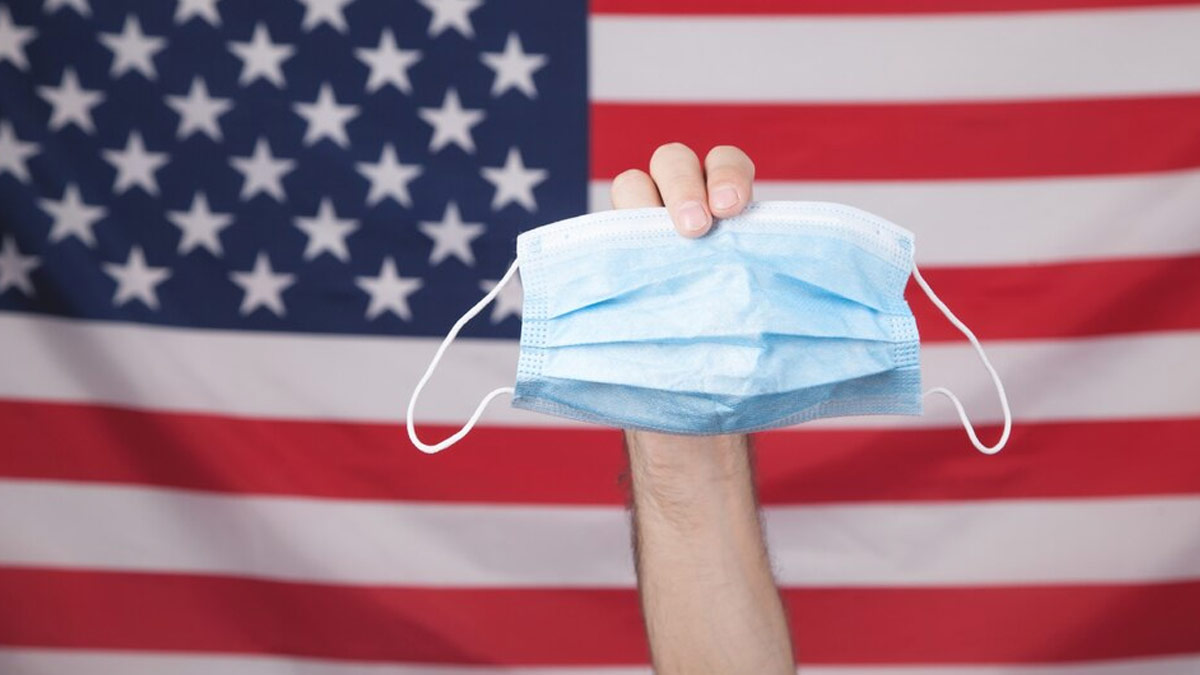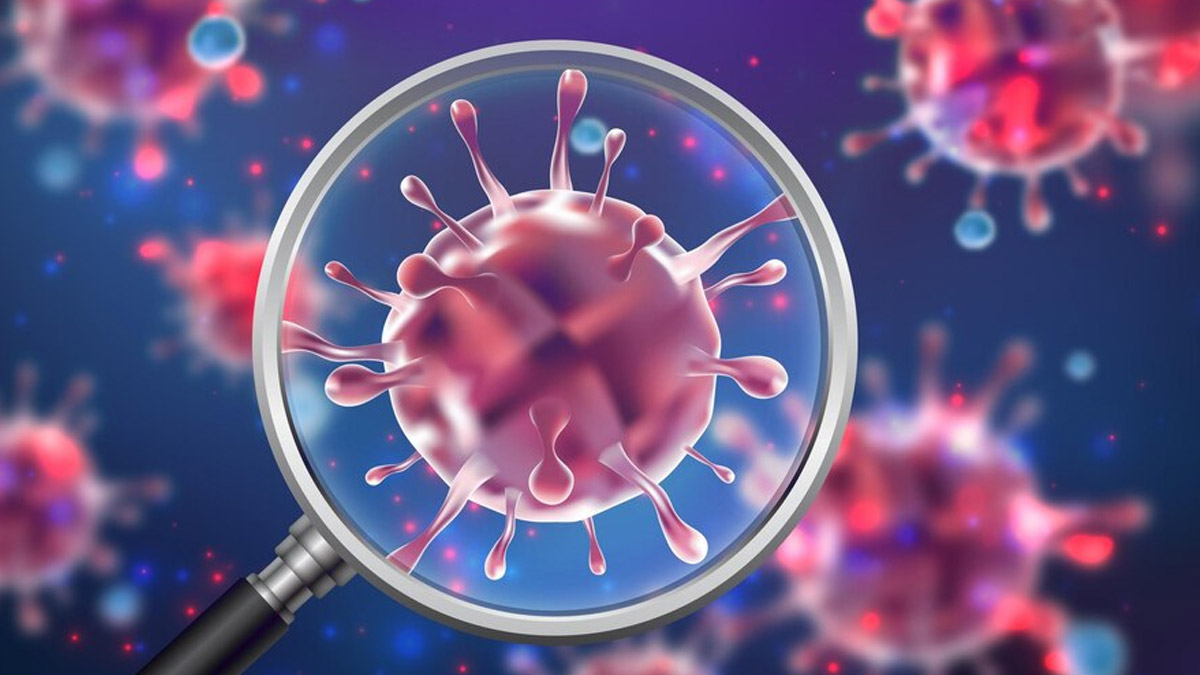
Unlike all other COVID strains that garnered a bit of attention since the end of the COVID lockdown, JN.1 seems a stubborn one whose prevalence doesn’t seem to be slowing down any time soon. Joining the long line of news about this Omicron sub-variant, the Centres for Disease Control and Prevention (CDC) has now announced that JN.1 makes up 39-50% of all COVID cases across the United States.
JN.1 The Dominant COVID Strain In US

The current projected incidence of JN.1 is a sharp increase from the CDC’s prediction two weeks ago, that JN.1 is responsible for 15-29% of all COVID cases, followed by the next most common variant HV.1.
Experts and health watchdogs across the globe have labelled the JN.1 variant to be highly transmissible, with the World Health Organisation classifying it as a Variant Of Interest.
In their latest update on the JN.1 variant, the CDC stated, "JN.1 continues to cause an increasing share of infections and is now the most widely circulating variant in the United States. We’re also seeing an increasing share of infections caused by JN.1 in travellers, wastewater, and most regions around the globe.”
According to the organisation, the reason why JN.1 is spreading so rapidly is that it is either more transmissible or better at penetrating our acquired immunity due to vaccines and prior infections. Fortunately, so far, JN.1 has only increased the number of COVID cases and not hospitalisations.
Also Read: ICMR Working On Genome Sequencing Of JN.1: Here's How It Can Protect Us From This New COVID Variant
India Gears Up To Prevent JN.1

This new variant is prevalent in 41 countries now and India is one of them. The Ministry of Health and Family Welfare notified that India recorded 692 fresh cases of Covid in the last 24 hours, bringing the active caseload to 4,097. The ministry also reported six deaths in the last 24 hours, with a total of 157 cases of JN.1 as detected by the Indian SARS-CoV-2 Genomics Consortium (INSACOG).
A few days back, Delhi reported its first case of the JN.1 variant. In response, the All India Institute of Medical Sciences (AIIMS) issued guidelines for hospitals to efficiently handle suspected or positive COVID cases. The guidelines included directions for the availability of beds, screening, and cleaning of wastewater.
The CDC concluded on a positive note, sharing that existing vaccines, tests, and treatments do work against JN.1. Currently, there is no need to fear as JN.1 has not caused severe infections that require hospitalisations. However, there is a need to stay vigilant and practice COVID appropriate measures.







